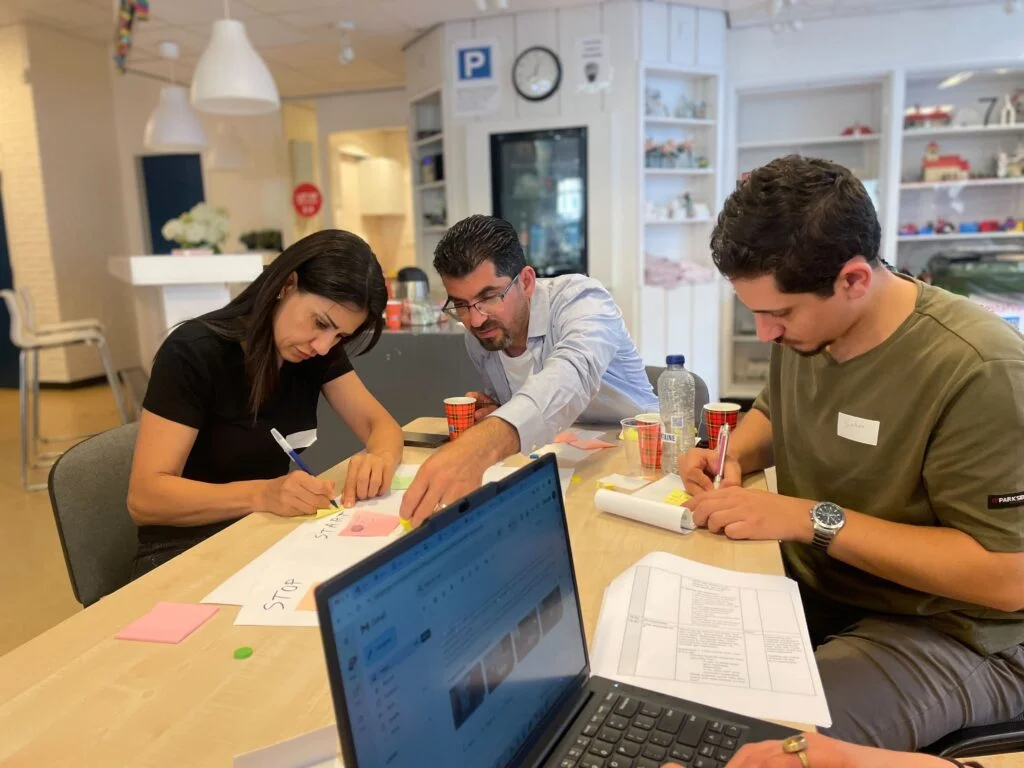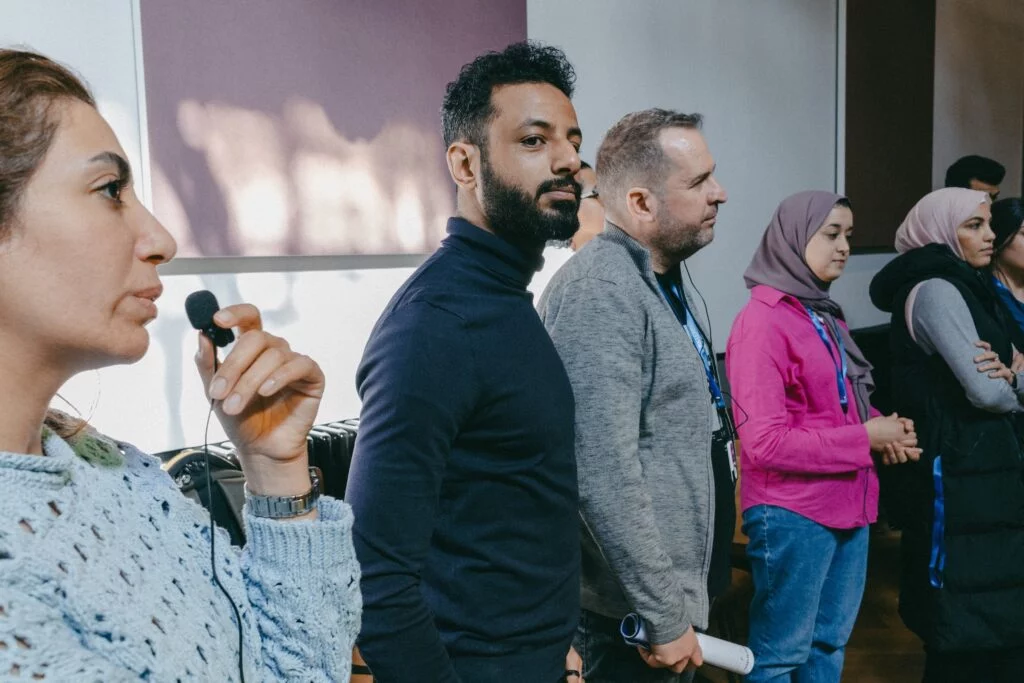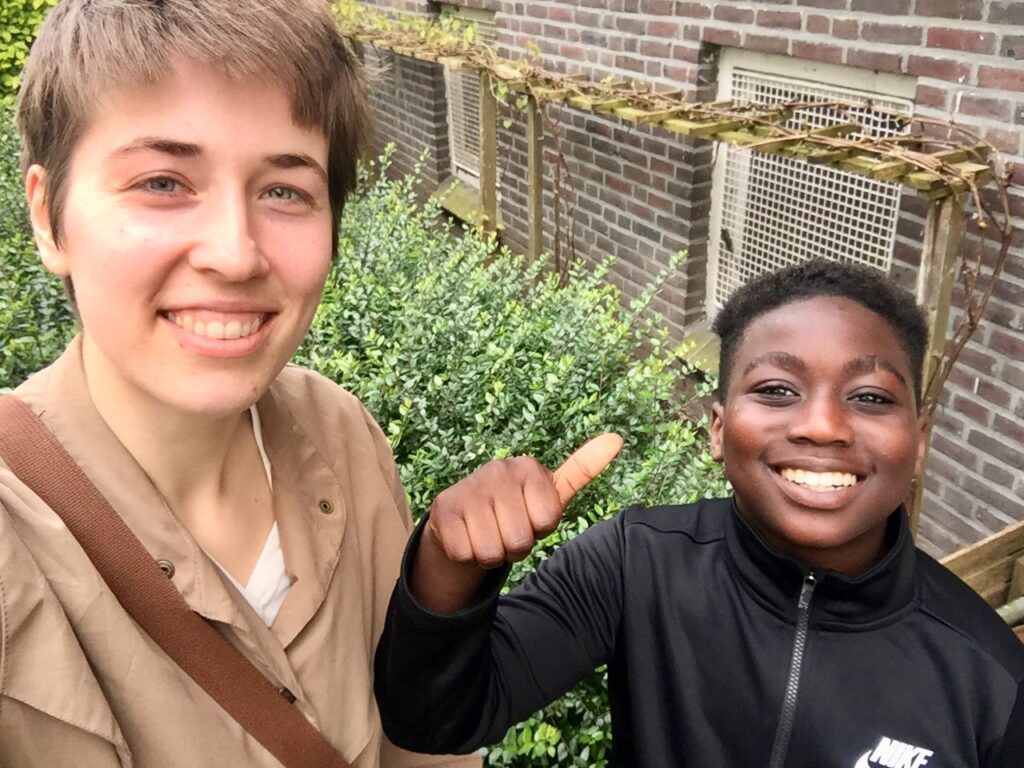Case study: parent involvement
Mother has two daughters. Her youngest daughter attends elementary school. Mother was herself an elementary school teacher in Iran and feels that her youngest daughter's school recommendation is incorrect.
In a second conversation with school, mother asks the teacher to send her the homework. Together with her older daughter, she now supports her youngest daughter with schoolwork. This allows her to keep track of her daughter's tasks and progress. She is happy with the active role she can now take.
Unlike mother, school is not satisfied with mother's involvement. The teacher states that there is "insufficient parent involvement" with this family.
Different ideas support
School and mother have different ideas on how to best support daughter. Also, the teacher would like to see mother:
- Directly agrees with the school recommendation.
- Approaching the school with questions (rather than requests)
- Often comes to chat in the schoolyard.
One-sided interpretation of parent involvement
We see this interpretation of the term "parent involvement" more often. It is a one-sided interpretation (focused on parents) and is based on (often unspoken) expectations from school. This offers little room for recognition of the needs of parents. Space for recognition is crucial to learn more about what parents need to support their children with schoolwork.
The current provision of information from school to parents is still too often focused on parents who are well acquainted with the language and the Dutch education system. When parents' needs are in sight, school and parents can also better coordinate support. This joint approach is missing in the situation outlined above. Daughter faces different expectations from two important authority figures: the teacher and mother.
More inclusive education
What would happen if we put aside the concept of parent involvement (and all the associated expectations) for a moment? What kind of conversation might then occur between mother and teacher?
In our action research on teaching children new to the Netherlands, we learn a lot about how schools and education systems can become more inclusive.





